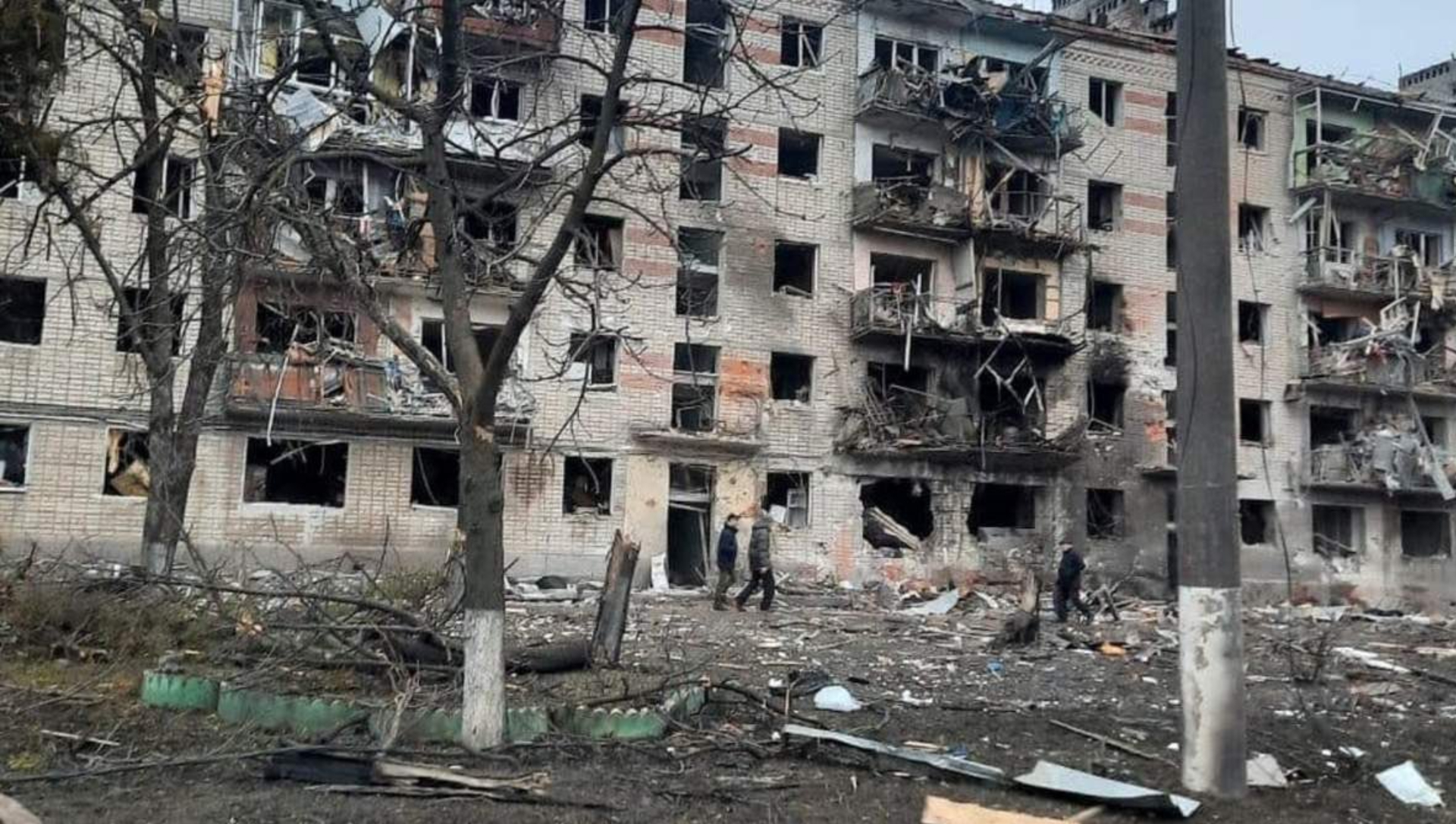The Russo-Ukrainian conflict has captured the interest and imagination of a large section of people around the world. Conflicts, especially the ones where both sides field big names, are perennial crowd-pullers. Add to that the ease of social media access, and we have millions around the world today, along both sides of the aisle, hungry for news and views, updates and opinions. As a result of which, the media (that includes social media as well) has turned this into a demand and supply model, with some even providing raw footage of bombings etc. to keep viewers interested.
So, what is the verdict of the recent Russian retreat from west Dnieper? For those that depend on Western analyses, this could be the beginning of the end for Russia. After all, Russia has retreated from Kiev, Kharkov, and now Kherson. That can only mean one thing – Ukraine is winning this one. For those who are big Vladimir Putin fans, this could be some multi-dimensional chess game that he is playing with his adversaries – something that is soon to blow up in Ukraine’s face the moment the time is right.
To some of us, however, this appears neither.
A war is as much political as it is a military affair. No country or leader ever goes to the battlefield just for the sake of a good fight. Napoleon insisted on that as he moved deeper and deeper into Russia, as supplies ran out and his men and their horses started falling sick. Decisions – especially the ones that appear discordant with the overall stance of the army – usually take into account political compulsions and consequences before they are acted upon. Those who don’t consider both are left with more than a few regrets at the end of it.
General Surovikin, just about a week after he took over, had said that Kherson was a challenge – a remark that was overlooked by Ukraine watchers around the world. He had said that occupying both sides of the river and especially downstream made them susceptible to large-scale disruptions that could be planned upstream and cascaded their way – one that would not only destroy infrastructure but also directly harm a large number of civilians – and that it was not a good choice to live with.
His observation made it apparent that perhaps the Russian SMO would overlook Nikolayev. Kherson was the only plank to catapult onto that oblast. It made sense to gun for Nikolayev when Kherson was stable, which was not the case. That he was absolutely serious about his decision came into light through the recent movements. When the US chairman JCS guessed that it would take Moscow ‘several weeks’ to vacate the west side of Dnieper along Kherson, no one knew that Russia would accomplish that in just a couple of days.
Turns out, neither is this a humiliating defeat for Russia as the West says nor is this some phenomenal chess move of Grandmaster Putin. This is a tactical withdrawal, from a territory that was vulnerable to attack from Ukraine. This is also subtly political, considering that the well-being of civilians was taken into consideration, and was acted upon. Overruling the overt political symbolism of holding on to a region at whatever costs, Moscow deciding on the much more practical affair of moving civilians out safely could mean that Russian leadership expects this gesture to be remembered by the people when the time comes. Today, there remains nothing much of Russia – equipment, army, or civilians – on the west side of Dnieper along Kherson. The army has even blown-up connecting bridges while retreating.
Is there a deal being worked out – between the USA and Russia? There are definite whispers along some corridors. The one that was already making rounds is that a Turkey-negotiated meeting was about to be organised. There was another one that came into focus a few days ago that of Saudi Arabia negotiating another sit-down. Whether these are for real, or whether anything came out of these meetings if they transpired remains to be seen. But is this retreat linked with that? It is difficult to say as of now. Of course, there are no limits to a guessing game, but given the practical reasons put across by Surovikin about a month ago, it looks redundant to let imaginations run wild. For those that think this is some extra-dimensional chess move by Putin, this is not – simply because the Russians have blown the bridges while vacating.
How about Russia looking at an imminent defeat? Militarily, it is unlikely. Remember, this move came as a surprise to even the West. It is not as if NATO-backed Ukrainian forces were fighting hard for that territory. In fact, all these speculations of a multi-dimensional chess game by Putin gained traction at the point when many in Ukraine began thinking that this could be a trap. The Ukrainian army tentatively walked into a vacant region; there was no resistance – the usual sign of a retreating army. In effect, this remains a simple case of occupying an already vacant territory.
Politically, however, how this goes within the different Russian institutions and groups is something that remains to be seen. The Russian SMO in its overall pattern remains a scatterbrained, ill-conceived action plan that banked on a whole lot of incorrect or incomplete information. Eight months down the line and with so much back and forth, the picture doesn’t look anything close to what the mind conceives when one visualises the effectiveness of one of the most powerful armies in the world. How that affects the image of Vladimir Putin among his people is anyone’s guess as of now.

